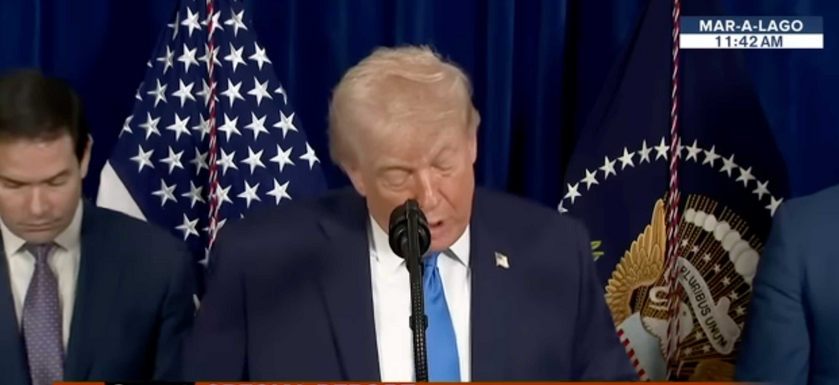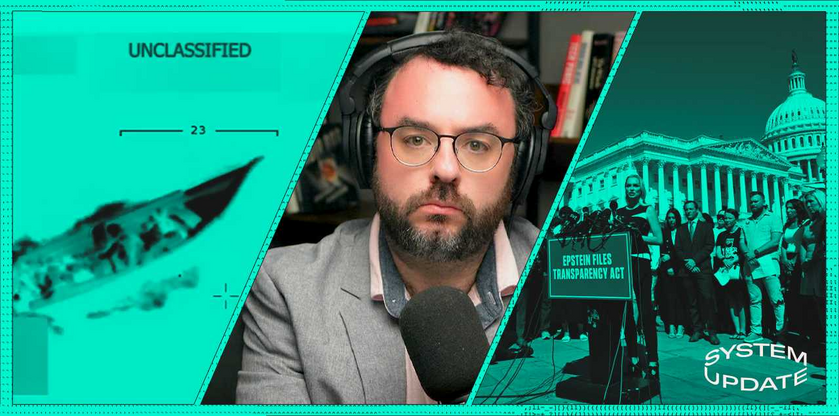Watch the full episode here:

Good evening. It's Wednesday, April 17.
Tonight: Many people have very strong opinions about Norman Finkelstein, but there's no denying that he is a dynamic, very independent, and highly informed commentator. He was one of the most notable victims of campus censorship and cancel culture when he was teaching at DePaul University near receiving tenure when the pro-Israel fanatic Alan Dershowitz launched a vicious and ultimately successful campaign to pressure the university to deny him tenure and drive him away due to his harsh criticism of the State of Israel and various Jewish activist groups, most notably in his bestselling book “The Holocaust Industry,” in 2000, which argued that pro-Israel activists exploit the memory of the Holocaust to shield Israel from any criticism.
Finkelstein has always been a difficult person for pro-Israel activists to demonize and to apply their normal smear campaign against, calling critics of Israel racist, bigoted, anti-Semitic, etc., etc. Finkelstein is not only Jewish, but he is the child of two survivors of Nazi concentration camps during World War II, and he often frames his criticisms of Israel as a byproduct of the universal principles he was taught in childhood by his parents, principles that were not meant to be utilized solely in defense of Israel, but rather as universal principles that no country, including Israel, should be permitted to violate. Since October 7, Finkelstein has become far more visible in the media than perhaps at any other time in his career, with the possible exception of the publication of his 2000 book. He has been, of course, excluded from mainstream corporate media but he has become one of the most influential and important voices on the largest and most popular programs in independent media. We sat down with him on Monday for a wide-ranging discussion of the Israeli war in Gaza, the possible escalation of the war with Hezbollah in Iran, the role of the Biden administration and the U.S. in fueling this conflict, how he views the Israeli-Palestinian conflict generally and how it can be resolved if it can, and many other topics.
There are definitely many people who dislike Finkelstein and who are often enraged by his views. Still, there's no denying that there are few commentators on these issues more scholarly, well-read, and informative than he is. I believe that the discussion we're about to show you illustrates how true that is.
For now, welcome to a new episode of System Update with our interview with Norman Finkelstein, starting right now.

















